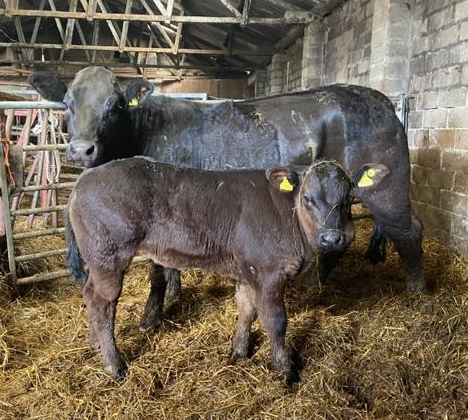Steps to Reduce Caesareans
6 May 2021There are a number of steps you can take to try and mitigate the need for cow caesareans. Calving is the most important time to have cows in the correct body condition. Effectively managing and monitoring body condition scores will help to reduce the need for caesareans. Achieving the correct condition will maximise ease of calving and significantly reduce if not eliminate difficult calvings.
There is further information on condition scoring available here.
Pelvic Measuring
Pelvic measuring is a reliable way to identify animals that have small pelvises (by measuring the internal area of a heifer’s pelvis) that could lead to calving difficulties. If caesareans are mostly carried out on heifers then consider assessing heifer pelvic size before bulling to identify heifers that are unsuitable for breeding. At the same time as assessing pelvic size, your vet or technician will also be able to check for any reproductive abnormalities.
EBVs
Another key management step to help reduce caesareans is to select bulls with positive values for Calving Ease Direct EBV. Calving Ease Direct indicates how easily calves sired by a particular bull will be born. Negative EBVs mean more difficult calvings. If breeding heifer replacements then look for bulls with positive values for Calving Ease Daughters/Maternal Calving Ease. As well as looking at Calving Ease EBVs consider Birth Weight EBVs. Low Birth Weight EBVs are favoured for calving ease. For example a bull with a birth weight EBV of +2kg would be expected to produce calves with a lighter birth weight resulting in a lower risk of a difficult calving than a bull with a birth weight EBV of +6kg.
It’s easy to blame the bull for big calves and difficult calvings resulting in caesareans. However remember it is often the case that a bull used on spring calving cows has minimal calving problems but when used with autumn calvers (which tend to be fatter at grass) there can often be difficult calvings and even caesareans.
Herd management pre-calving is critical.
Sarah Balfour, sarah.balfour@sac.co.uk
Sign up to the FAS newsletter
Receive updates on news, events and publications from Scotland’s Farm Advisory Service

